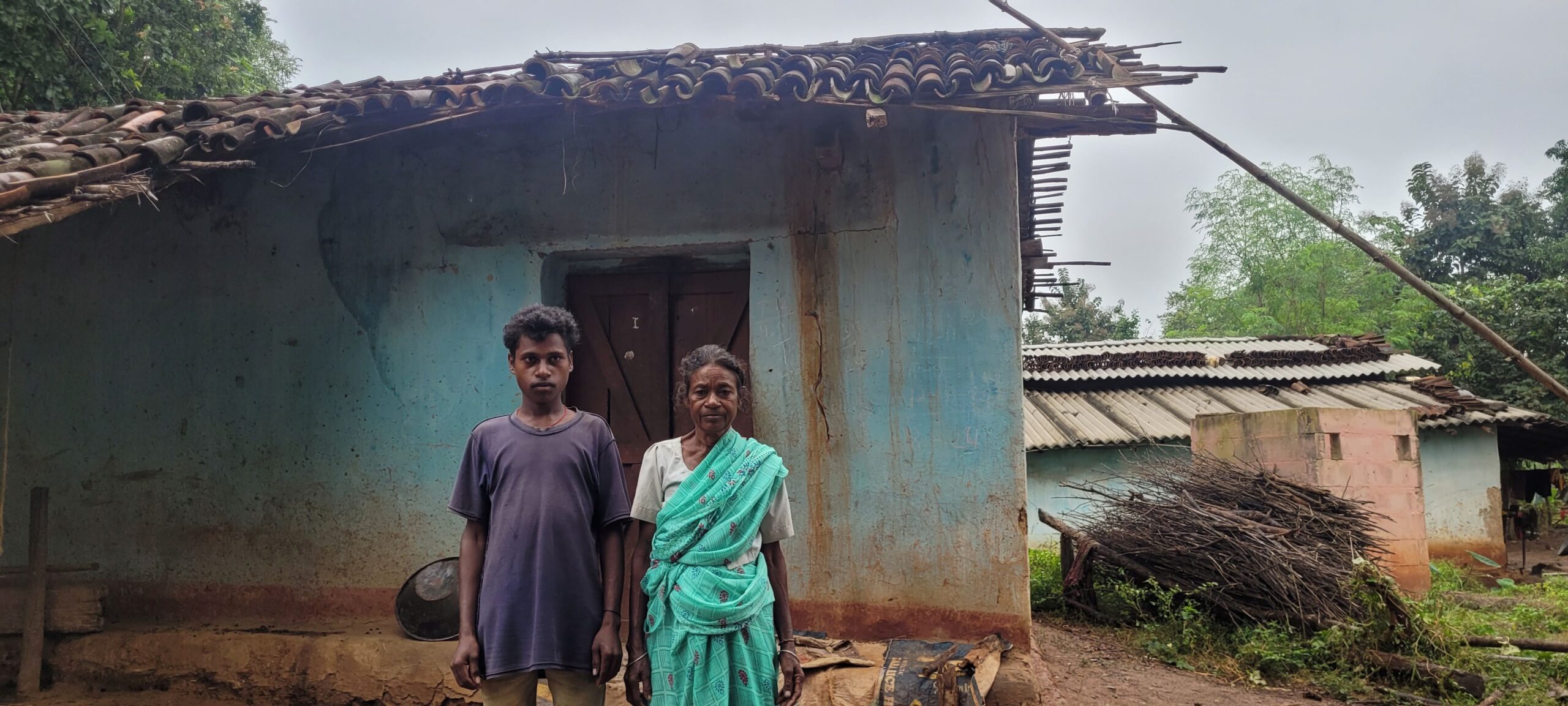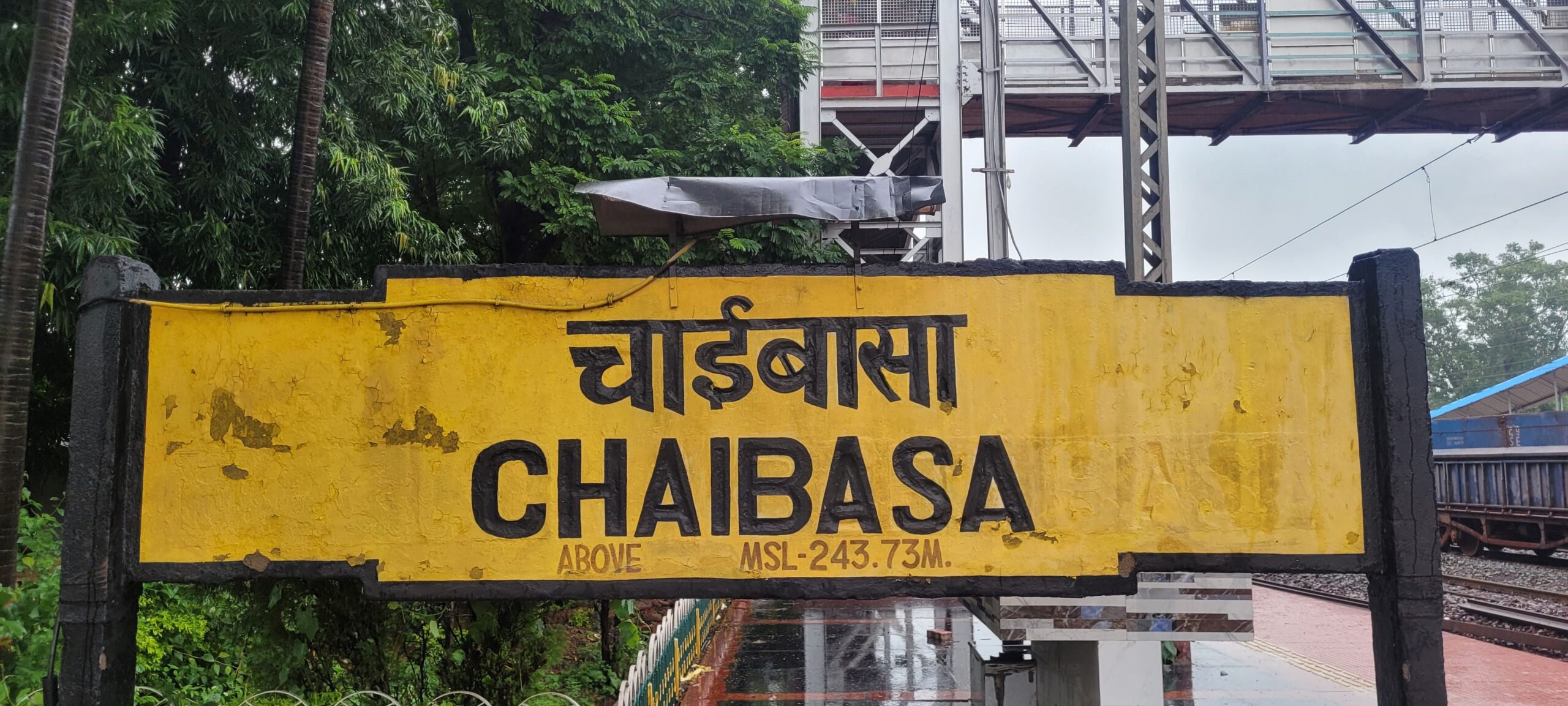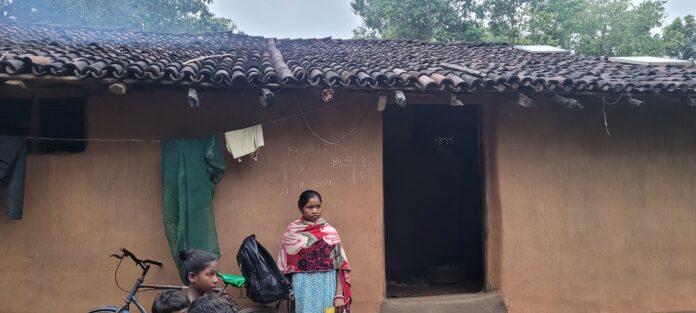Poonam Masih, TwoCircles.net
Ranchi: The situation of tribals in Jharkhand can be understood through the historical lens of the state’s formation. When Jharkhand was carved out on November 15, 2000, it was intended to be a homeland for the indigenous communities, with promises of development, empowerment and access to government benefits. Among the key objectives was the eradication of Maoist influence in the region.
Yet, despite years of government claims and assurances, the ground reality for many tribals remains grim — especially in areas heavily affected by Maoist violence, where the victims continue to suffer without the promised support, including compensation for those killed in IED blasts. The stories of loss and neglect, like those of the families in Goilkera and nearby villages, reveal how these promises have largely gone unfulfilled.
The Saranda forest in the state’s Kolhan region is one of the most Maoist-affected areas. According to government claims, Tonto and Goilkera blocks – the two strongholds of the Maoist insurgents in the region – have been 95% freed from the extremists’ influence. However, even after this, tribals in Saranda continue to lose their lives in clashes between security forces and Maoists.
Moreover, many tribals have died in IED (Improvised Explosive Device) blasts while collecting forest produce in the region. The government has a provision to provide compensation for such incidents. According to the scheme, the dependents of those killed in Maoist violence are supposed to receive a compensation of three lakhs — Rs 1 lakh from the state government and Rs 2 lakhs from the Centre’s Security Related Expenditure (SRE) fund. In addition, the dependents are also supposed to be given government jobs in the third or fourth class category.

No Widow Pension, No Compensation for Son’s Death
Randoy Purti (50), a resident of Goilkera, lost her son, Singaray Purti, in an IED blast in December 2022. Nearly two years have passed, but she has not received any compensation. She lives in a mud house with her two sons.
Recalling the tragic incident, she says, “My son had gotten married few days before his death. He had gone to his in-laws’ house. From there, he went to the forest with family members, where he died in the blast.”
She further says, “After his death, his body was brought here. The SHO came from the police station, registered an FIR and left. But after that, no one came. I have not received any money so far.”
Randoy now lives with her two sons. After her son’s death, her daughter-in-law remarried. “When the children were small, my husband passed away. I raised them through farming. Now, I am older, and I cannot work much. I do not get government rations or a widow pension,” she says.
The munda (Gram Sabha chief) of the village, Pancha Soren, who took this reporter to Randoy’s house, is also well aware of the situation. “After the death of her son, Randoy’s mental state has not been stable. Her son was the only support at home. Now that he is gone, she is facing many difficulties.”
Referring to the 2022 incident, he adds, “The police completed all the formalities in front of us. They said the compensation would be given, but nearly two years later, nothing has happened.”
‘I Lost My Husband in front of My Eyes’
Our next stop was Ichathu village in Goilkera. Nandi Purti lives on a hill there. Her house is surrounded by trees, and the family of Nandi and her four children and daughter-in-law live in abject poverty.
There are large aluminum containers outside Nandi’s house filled with water, as there is no water supply in the village. The family brings water from far-off places. There is no electricity either. Inside the mud house, there is nothing except some utensils and bedding.
Nandi’s husband, Krishna Purti, died in an IED blast right in front of her eyes. “My husband and I were both heading toward the forest. We had left the house and walked a short distance. He was ahead of me, and I was behind. I took a few more steps, and the blast went off. He fell far away. I was terrified, and then he died,” she recalls.
After the incident, she says, the police came and completed formalities, but no officer followed up afterward. “I have not got any compensation so far. As the financial situation of the household worsened, my eldest son had to go to Gujarat to work. The other children are studying.”
No Government Ration
Nandi alleged that after her husband’s death, she was also denied government rations. “My husband’s fingerprints were on the ration card. But now, after his death, no one is addressing the issue of the ration card. I have not received any pension. I have approached the concerned authorities several times, but to no avail.”
She further states, “I even complained about the delay in receiving compensation at the panchayat level, but I have not received any response. It has been over a year and a half since my husband died, and now we are also deprived of ration.”
Nandi speaks with anger, expressing her frustration that despite repeated reports in the media about the deaths and the issues faced by her family, no one has taken action. “Even this time, writing about it will not help,” she says.

It Takes Time: Cops
We spoke to the Deputy Commissioner of West Singhbhum, Kuldeep Chowdhary, regarding the compensation issue. He said, “The police department has not yet provided complete information. Due to the mountainous and forested terrain, it takes time to reach certain areas. Once the process is complete, compensation will be provided to the dependents.”
He further mentioned that during the investigation, it was found that many families did not have complete documentation, which is causing delays.
Adivasis Not a Priority for Govt?
Social activist Siraj Dutta, who works on issues related to Maoist violence, says, “This clearly shows that tribals are not a priority for the government in any situation. Even though minerals are being extracted from these very areas, the tribals are not being provided with any benefits.”
He adds, “According to the information we have, no one has received any compensation so far. The situation is such that when a court orders immediate compensation, it is given; but otherwise, no one takes any notice. Whether the violence is caused by the police force or the Maoists, tribals who suffer the the most are never a priority for anyone.”
A social organisation recently released a list of individuals killed and injured in IED blasts in the interior areas of Chaibasa over the past two years. The list reveals that 12 people have died, and six others have been injured due to IED blasts in this period.


